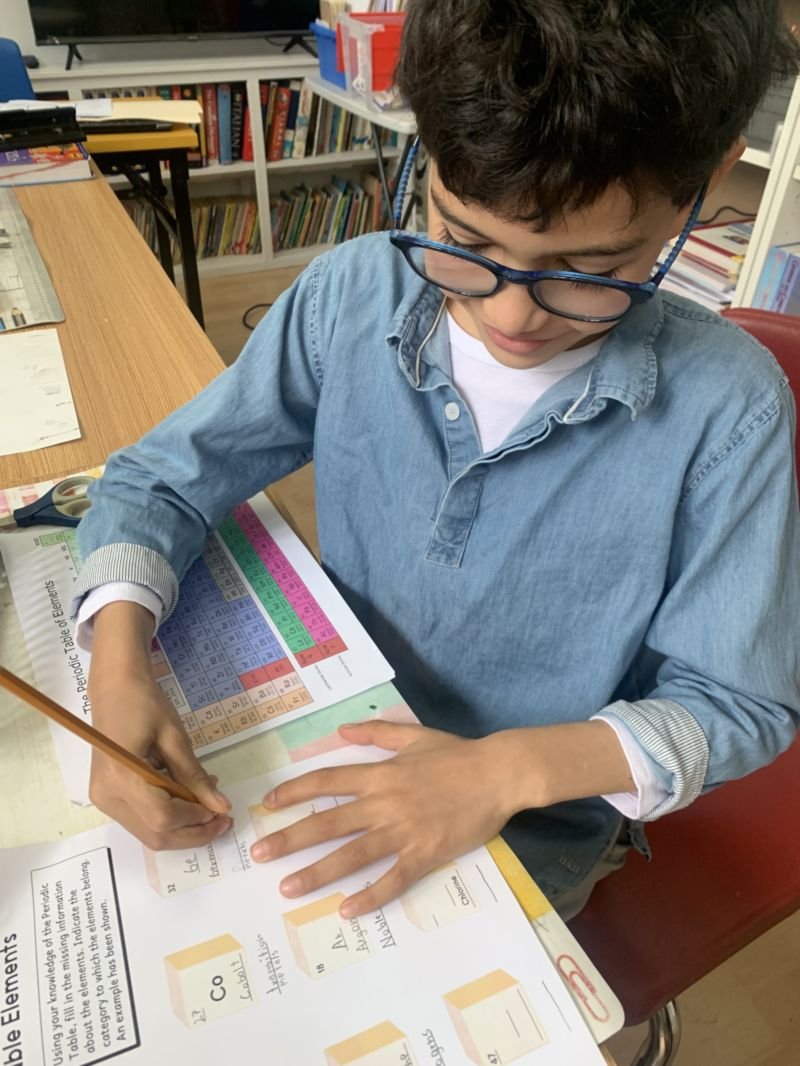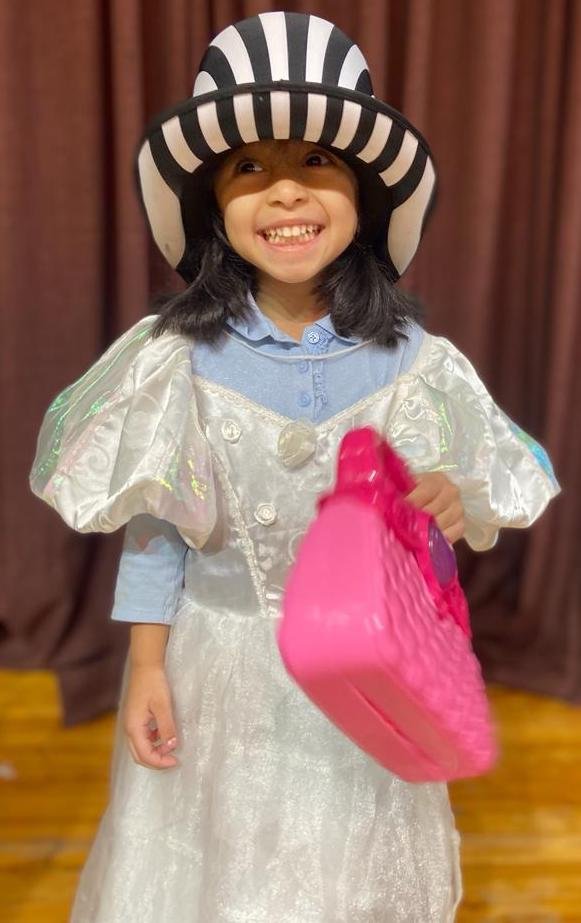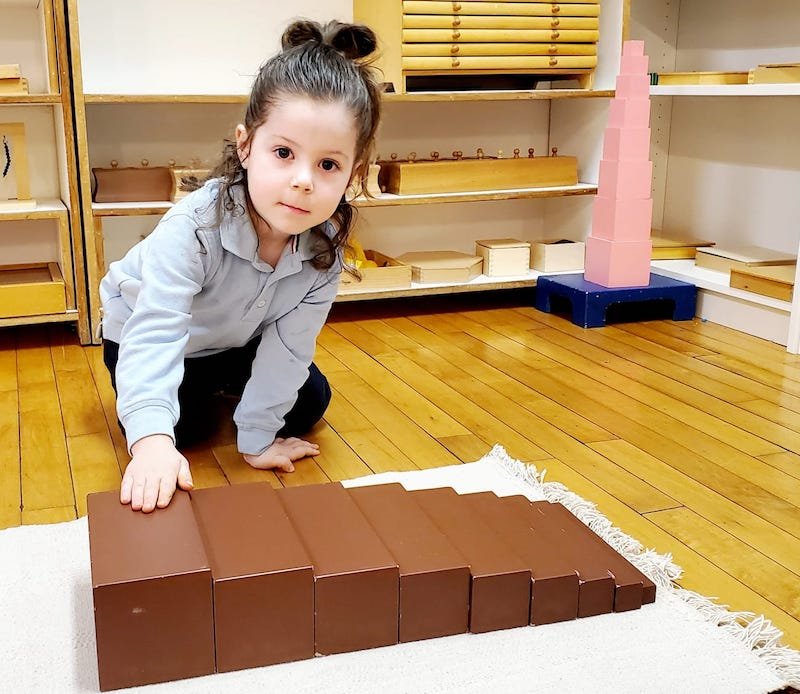We've opened up spots to book in-person tours!
04.06.2023
A strong educational foundation is important for many reasons because it promotes lifelong learning, academic achievement, personal development, empowerment, economic opportunities, critical thinking, personal fulfillment, and societal progress. The foundations of a subject provide the fundamental concepts, principles, and theories on which further learning is built. By understanding these foundations, children develop a solid knowledge base that serves as a framework for acquiring more advanced knowledge and skills.



